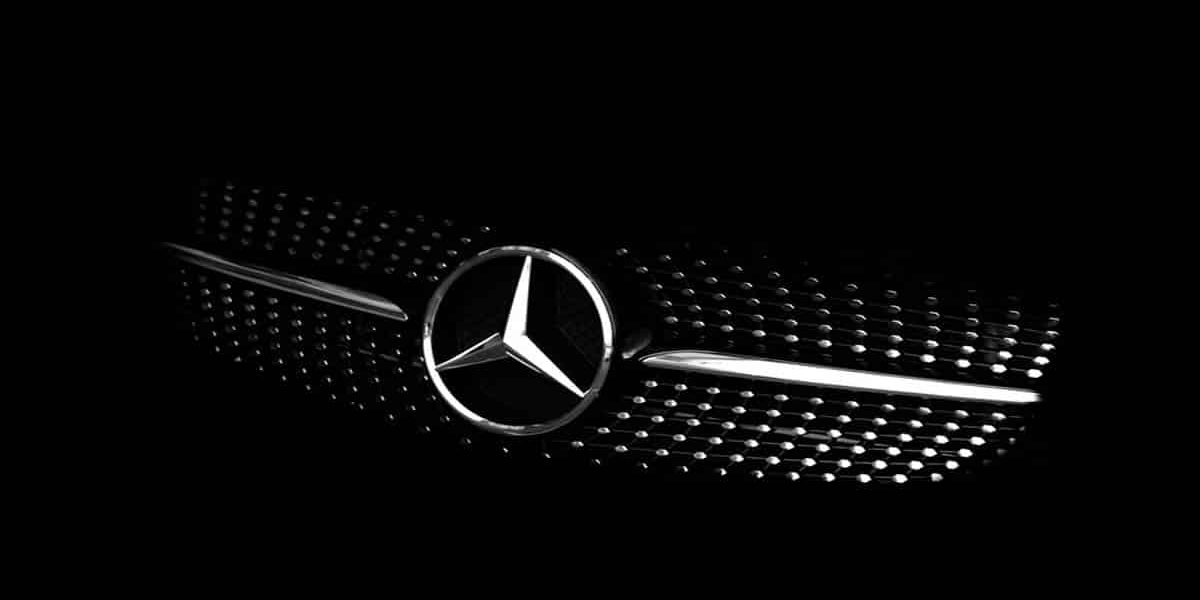One of the world’s leading luxury carmakers recently declared that it would cut its carbon dioxide emissions by half by the end of the current decade.
Representatives from Mercedes-Benz made the statement on Monday, April 11th, essentially presenting a mid-way goal in its road to becoming completely carbon neutral by 2039.
A Challenging Target to Hit
In order to meet this particular goal, the carmaker will continue to produce electric vehicles running primarily on green energy, and aims to encourage the public to consider electricity drawn from sustainable sources to charge their vehicles.
The company’s research and development arm is also en route towards advanced battery technologies that work best with renewables, as well as the expanded use of upcycled materials and renewable power in automotive manufacturing. In the case of the latter, Mercedes-Benz claims that renewables could make up over 70% of their energy needs by the end of the decade.
According to company production chief Joerg Burzer, approximately 15% of the renewable power that will be used in manufacturing will be drawn from solar facilities and wind farms that are either linked to Mercedes-Benz factories or built on-site. The remaining 85% is expected to be drawn from producers with whom the company will have Power Purchase Agreements (PPAs). Power companies bound by these agreements will generate a specific amount of energy within a stipulated time frame.
For now, at least, Mercedes-Benz is already using 45 to 50% renewable energy for its manufacturing process. The company is also in talks to purchase additional wind power worth $1.09 billion through several PPAs within the next three years. In the meantime, gas remains Mercedes-Benz’s back-up energy source of choice.
Contemplating Hybrid Solutions
Mercedes-Benz also has plans to build a plug-in hybrid or a fully electric powertrain into 50% of its vehicles over the next three years as a way of easing into the 100% production of EVs by 2030.
Once this comes into play, the automaker will also provide options for green charging through a concept currently referred to as Mercedes Me, a 300,000-strong network of charging stations to be placed strategically throughout Europe.
Under present circumstances, however, the work involving the automotive supply chain and production account for more than 50% of an EV’s carbon emissions throughout its lifetime. In order to resolve this issue, Mercedes-Benz is working on plans for the carbon-neutral production of battery cells which, if possible, would significantly reduce the carbon emissions of the average EV battery pack by up to 20%. Further gains are seen in the improvement of factory processes for the manufacture of battery anodes and cathodes.
The reduction of carbon production goes beyond basic manufacturing and extends to the eventual recycling of EV batteries once these have reached the end of their life cycle. The carmaker is presently building a carbon-neutral recycling facility in Kuppenheim, Germany where a state-of-the-art hydrometallurgical process will help raise the recycling rate for battery packs by up to 96%.







